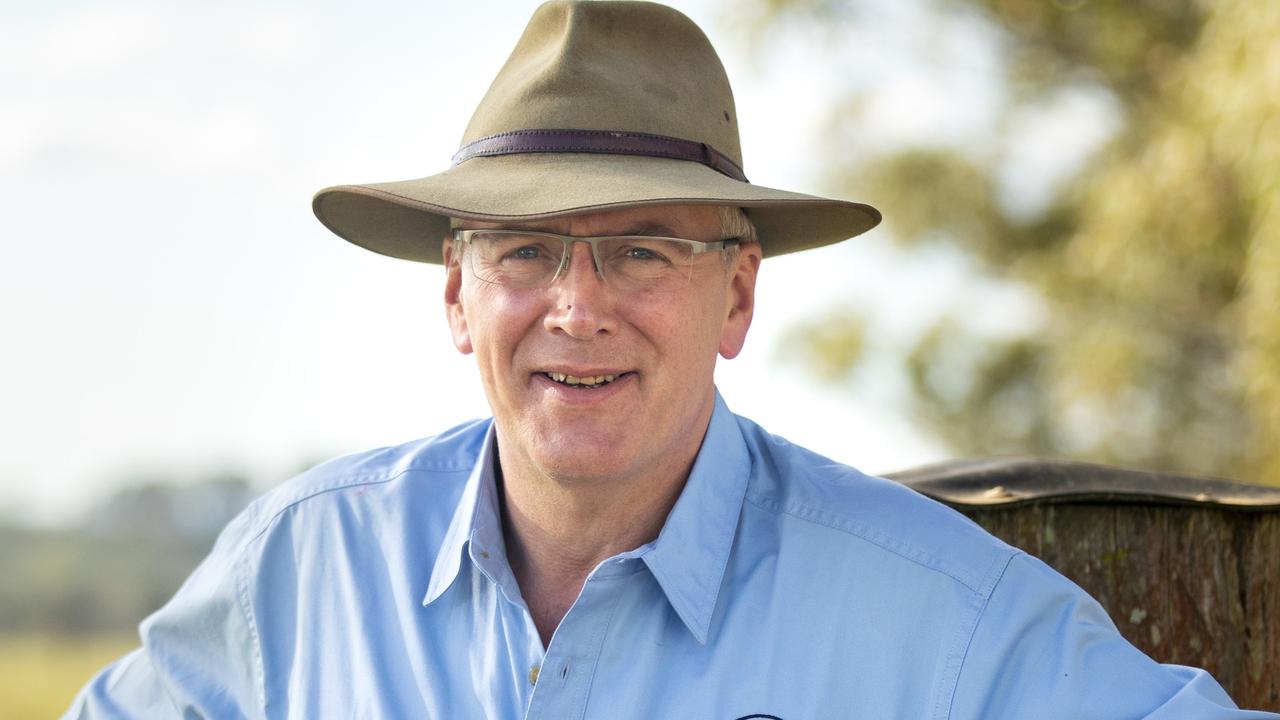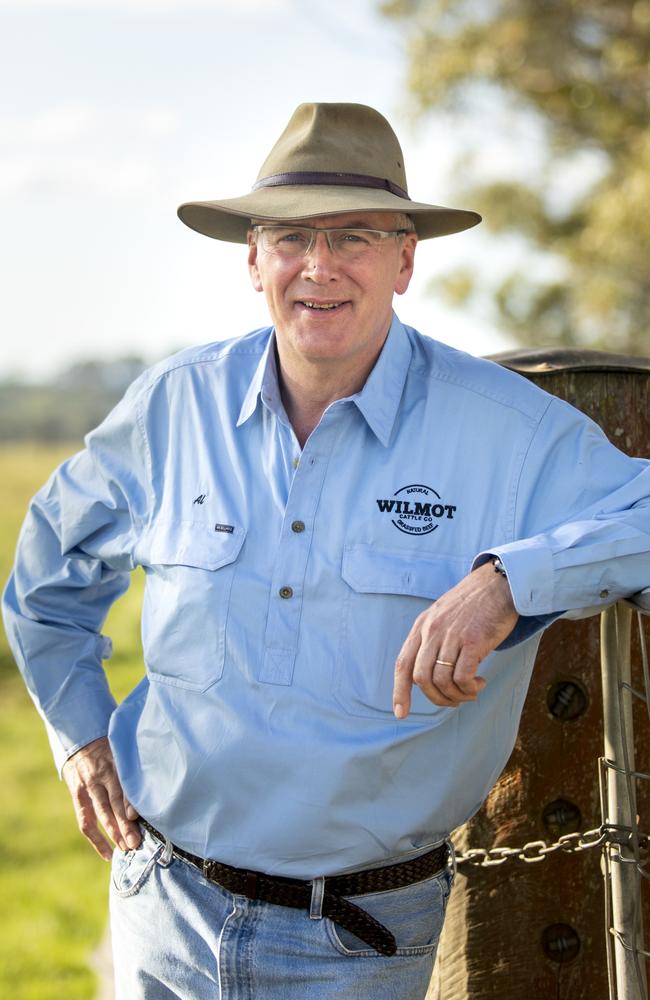Australian farmers make the best beef and make carbon pay
Aussie farmers are leaders in finding solutions to climate change by capturing and storing carbon in the soil – putting us on a path to net zero.

Australian farmers are the best in the world.
They are known globally for their hard work, innovation, and ability to adapt to produce the world’s best food. And they are generating $50-60 billion in annual exports.
What you mightn’t know is that some Aussie farmers are, at the same time, leaders in finding solutions to climate change by capturing and storing carbon in the soil – putting us on a path to net zero.
And they’re doing this, now, on the frontline of climate change, through bushfires and droughts.
Unexpectedly, this is thanks, in part, to initiatives from the Commonwealth Government. It was Canberra that led on this back in 2011 by offering financial incentives to farmers who would innovate ways to store carbon. Back then it was one of the most comprehensive offset schemes of its type in the world.
Most of the schemes that were introduced under Canberra’s so called “Carbon Farming Initiative” involved farmers locking up paddocks and growing trees and shrubs to capture carbon. These schemes have come under attack for taking away productive farmland and reducing farm income from traditional commodities, such as beef or wool.
But the Carbon Farming Initiative also allowed for “Soil Carbon” projects. And thanks to a handful of innovative Australian technology companies devising ways to measure soil carbon, farmers were given access to these schemes which allowed them to earn additional income on land that continued to be farmed productively.
One of these innovative Australian technology companies, CarbonLink, is about to reveal the first results from their early soil carbon farming projects. I’m told the results will reveal some very encouraging signs for how we can make use of agricultural soils as a significant carbon sink.

In addition to these Government-sponsored schemes, other markets are emerging which will allow private companies to buy carbon offsets from farmers who can demonstrate they are growing carbon in their soil. Our farm business, Wilmot Cattle Company, demonstrated how to do this earlier this year by selling a soil carbon credit to world technology leader, Microsoft, who had just embarked on an ambitious carbon offsetting program.
Yes, it’s true; cattle farming really can help reduce carbon emissions! So, all of you who have been told that you can no longer enjoy a good steak on your barbecue can think again.
It’s a win-win. Soil carbon faming can increase the profitability of the farm’s core business – crops, dairy, or livestock – and allow the farmer to earn extra income from selling offsets, while, at the same time reducing net emissions and helping combat climate change.
Many large Australian companies are now working hard on how to offset their carbon footprints, so I can see many more opportunities for farmers to benefit by growing carbon as part of their day to day farming operations and selling this carbon on one of the carbon markets that will emerge alongside the Government’s existing carbon fund.
But this way of farming, which allows carbon to be a by-product of normal farming operations, is not widely understood. Importantly, there is little information which links carbon farming with overall profitability of farms
To encourage the wider uptake of farming that places a greater emphasis on the improvement of soil carbon and other natural resources, the Macdoch Foundation has initiated a research program designed in collaboration with producers, farm advisers, industry bodies and the broader food supply chain, called Farming for The Future. Its aim is to find practical ways to help farmers incorporate the value and condition of their natural resources (or natural capital) to help them make better-informed farm management decisions.
All these initiatives will help ensure that our farmers can remain productive and profitable, while, at the same time, helping Australia meet its climate change targets.
And I will be at the climate change conference in Glasgow next month to tell global leaders how Australian ingenuity and hard work is making this happen.
More Coverage
Originally published as Australian farmers make the best beef and make carbon pay
Read related topics:Mission Zero





